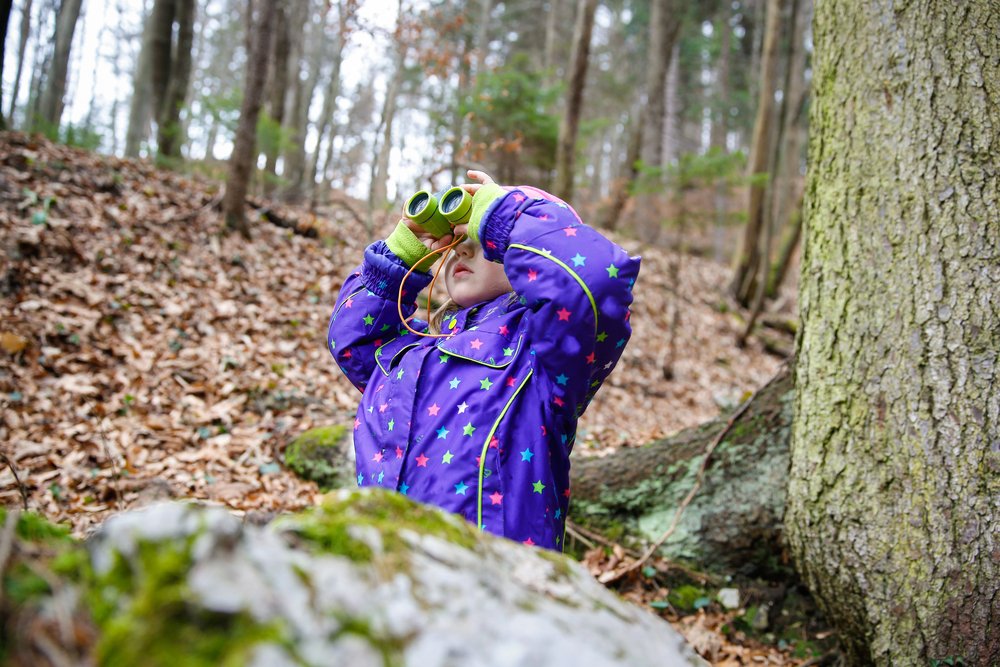
Nature and play
Key points: Outdoor environments provide children with space and opportunities to engage in free play, develop their self-identity and independence, and explore their…
Discover the key milestones of physical, cognitive, linguistic and socio-affective child development and understand the science behind child development.
Discover the key milestones of physical, cognitive, linguistic and socio-affective child development and understand the science behind child development.

Key points: Outdoor environments provide children with space and opportunities to engage in free play, develop their self-identity and independence, and explore their…

Key points: Lack of engagement can be a major curiosity killer for children, and engaging with them while they explore and learn can…
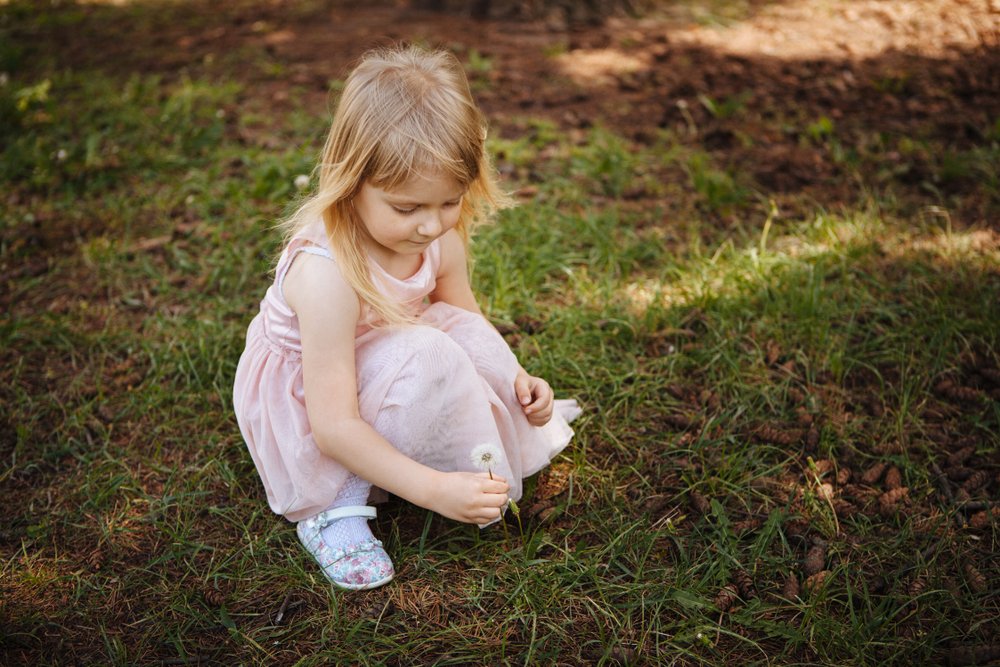
Key points: Early childhood exploration is key to learning, but parents may unintentionally restrict their child’s learning due to safety concerns or apprehension….

Key points: Fear helps us identify threats and has been a successful survival mechanism for centuries. Babies are born with only two innate…
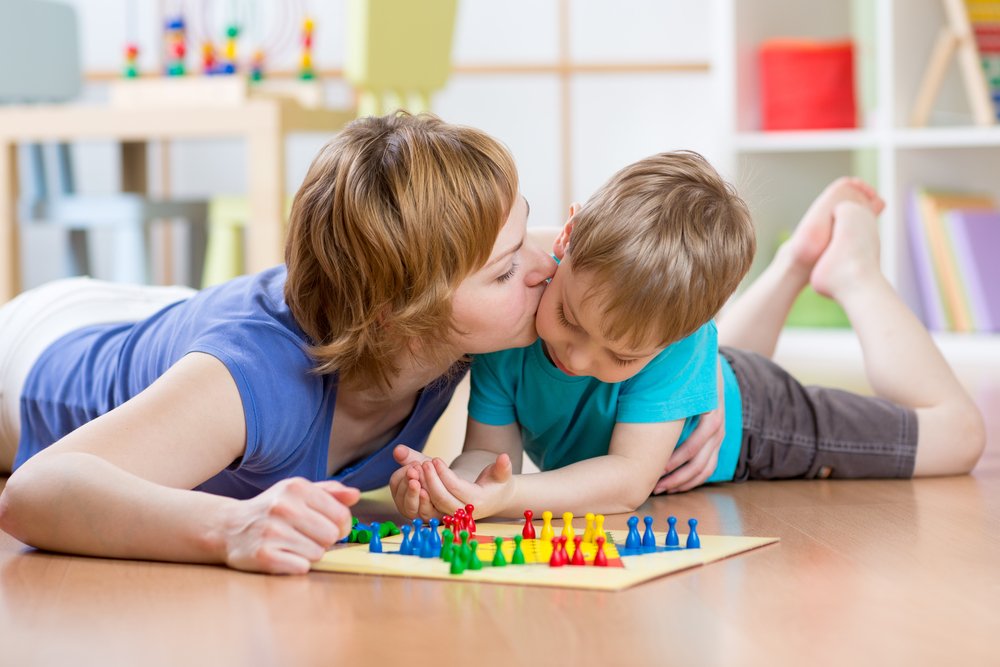
Key points: Games have been shown to improve cognitive abilities and can even prevent dementia later in life. Playing board games can be…
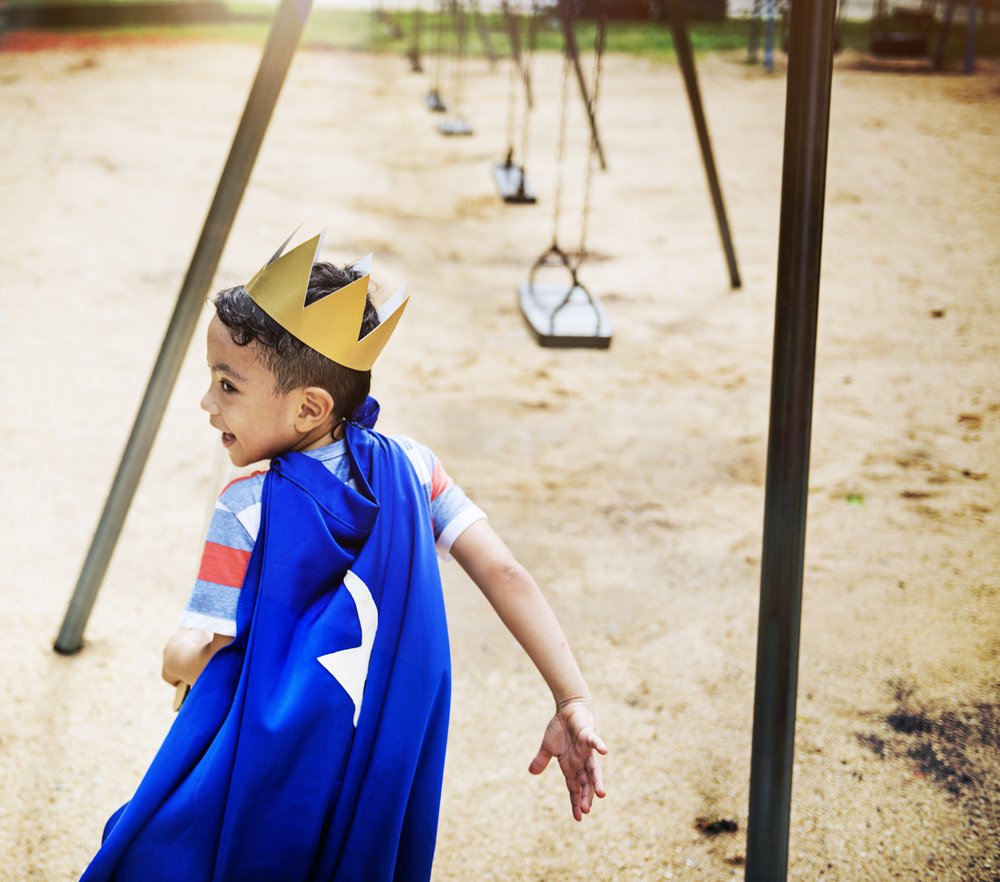
Key points: Dress-up play enhances brain development in children and fosters cognitive abilities, neural connections, and executive functions. Dressing up as a superhero…
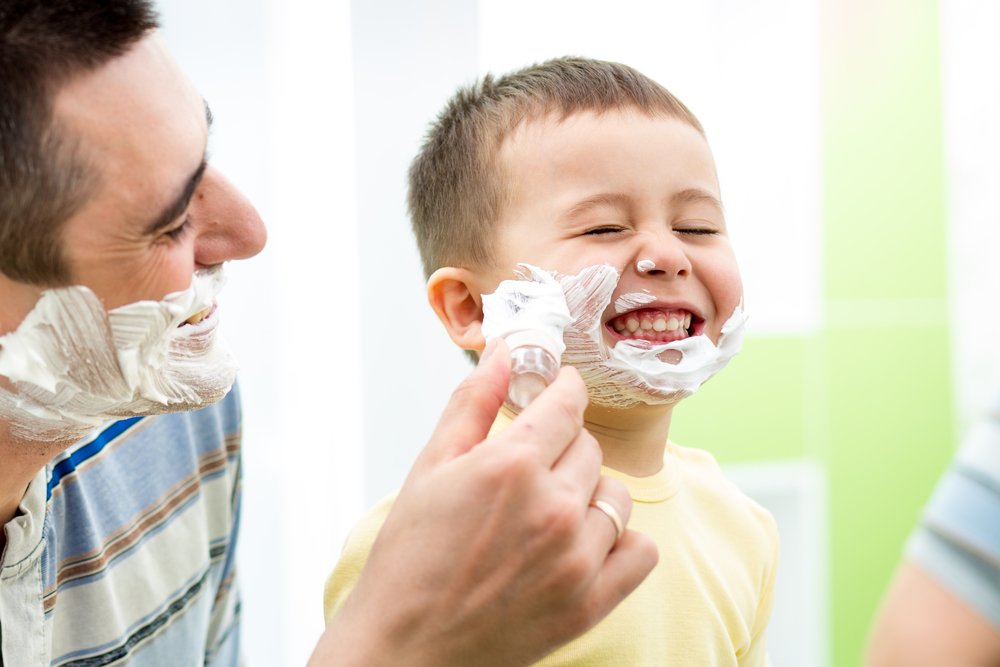
Key points: Early childhood is a crucial stage for building the foundation of core capabilities. Babies learn through interaction and practice, with imitation…
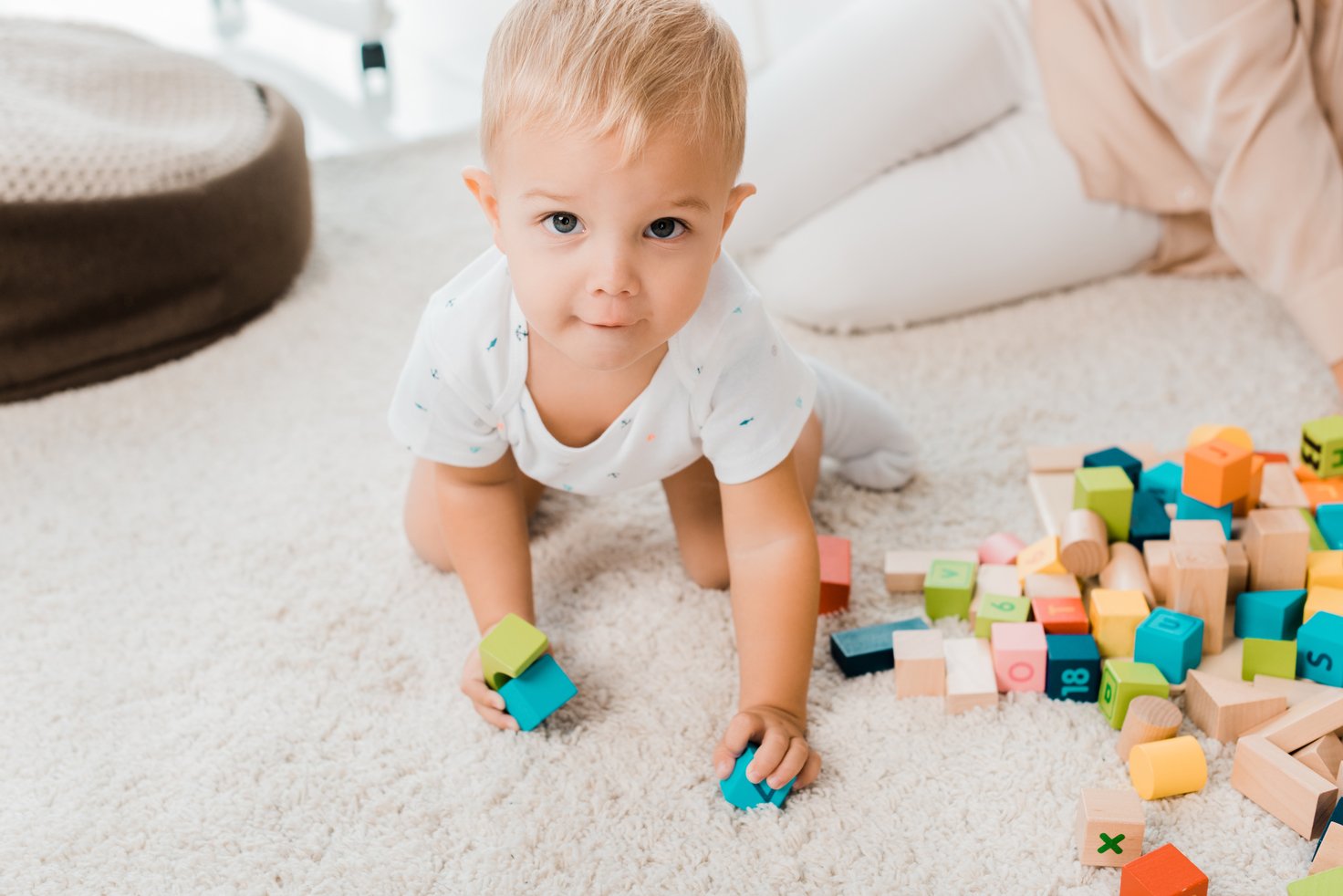
Just when you’ve gotten the hang of parenting a baby, your little one turns into a toddler and you’re faced with new challenges…

The right games and interaction for your toddler should be fun, natural, and promote bonding. Creative and imaginative games are critical elements for toddlers…
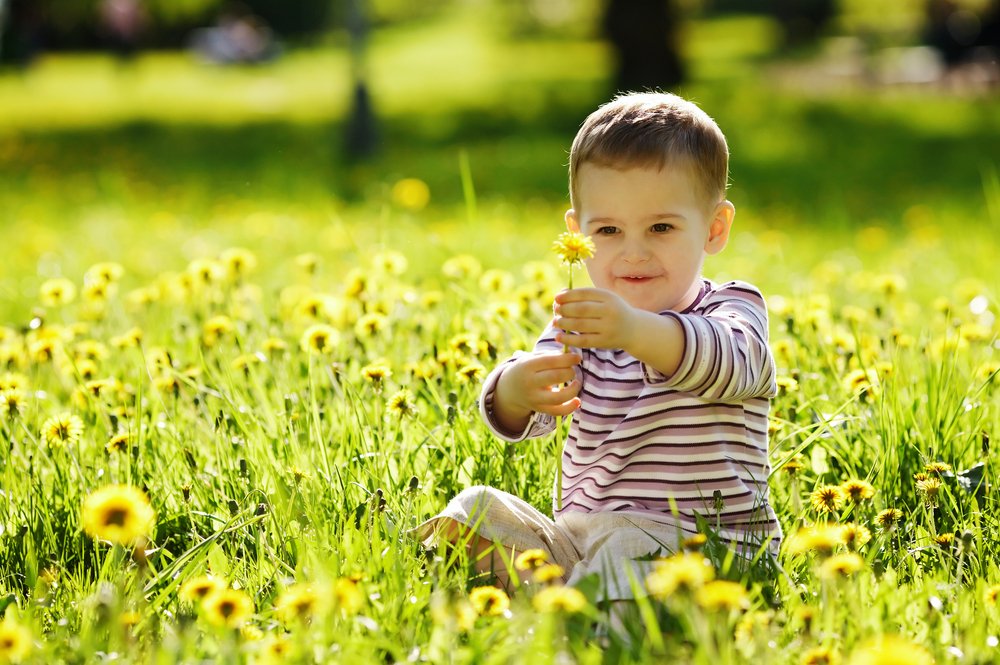
Children are born curious and as they grow their curiosity and learning grow with them. Curiosity has been characterized as the joy of…

Playing is nature’s own formula for learning. Playful interaction is fundamental for the healthy development of your baby and toddler and it’s the…
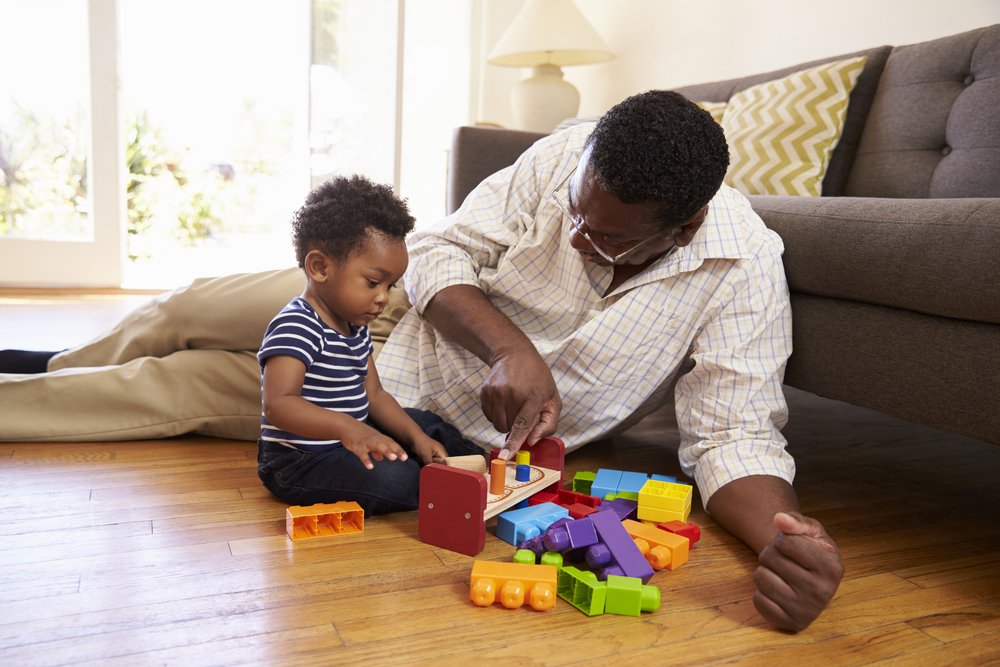
Key points: Trillions of connections made in a child’s brain during their first years are crucial to their early wiring and pruning process,…
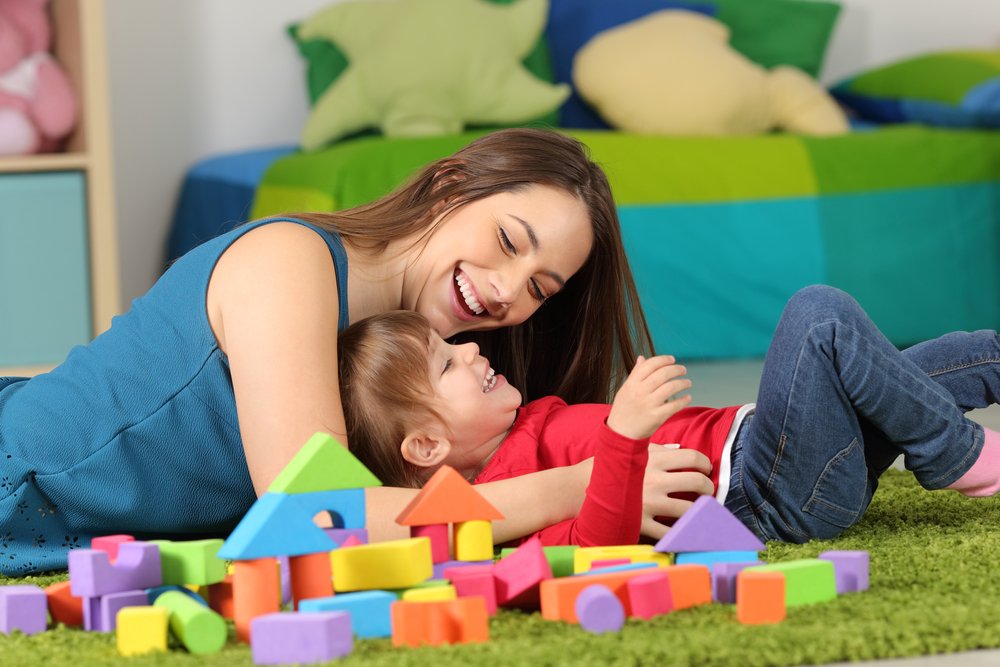
Key points: Harvard’s Center on the Developing Child has identified three key principles for giving children the best chance to reach their potential:…

Key points: Turning your home into a musical environment positively influences a child’s cognitive, physical, linguistic, and social-emotional development. Experiment with various genres…

Key points: Children naturally respond to music from a very young age, showing movements and reactions as early as 9 to 11 months….

Key points:1. Music positively impacts brain development and learning motivation.2. Music enhances memory and cognitive functions in children.3. Musical activities activate thinking and…
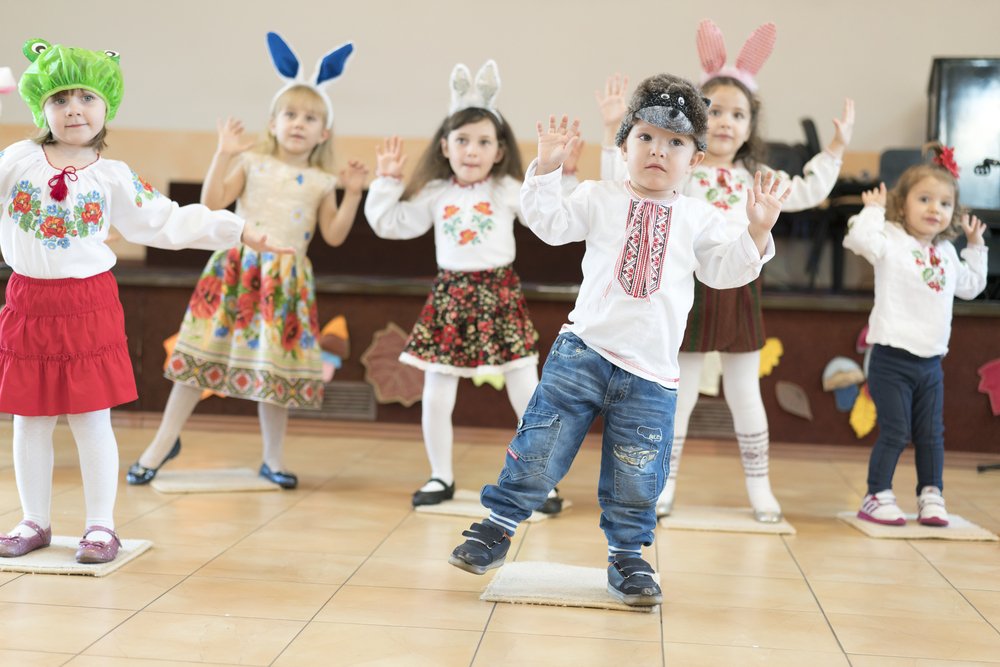
Key points: Children need cues and pauses to do the things we ask them to do. Music and obstacle courses are great ways…

Key points:1. Music sparks joy, expression, and emotional learning in children.2. Musical interactions support toddlers in understanding and articulating emotions.3. Musical play fosters…

Key points:1. Secure attachment in early years is crucial for future emotional development.2. Positive environment fosters trust and self-awareness.3. Musical interactions promote understanding…

Key points:1. Music therapy can have significant positive effects on premature babies’ health and development.2. Music reduces stress levels and increases the production…
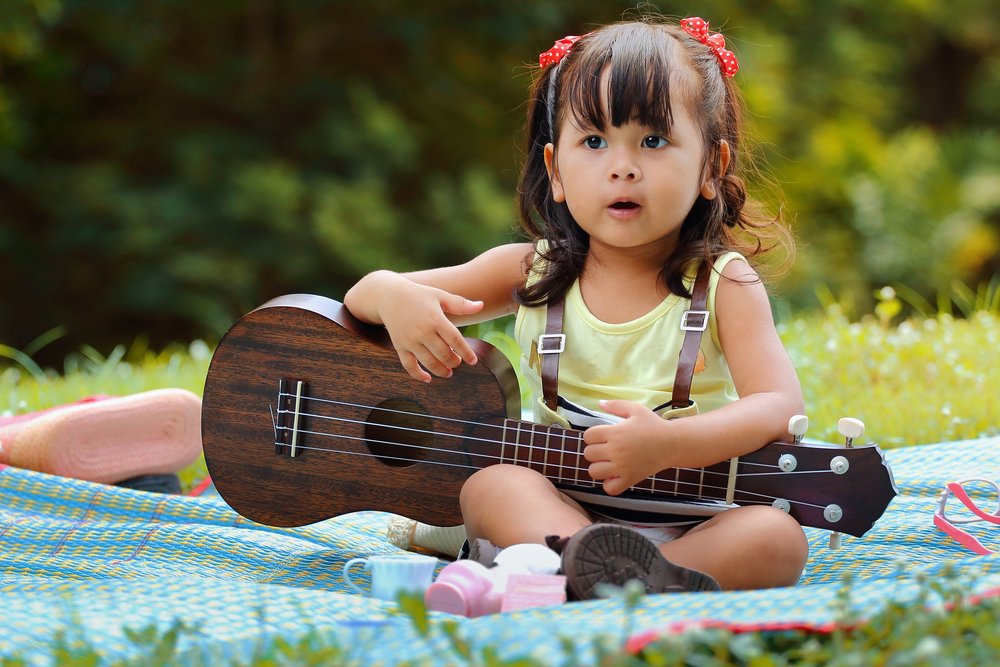
Key points:1. Music contributes to creating brain connections, enhancing cognitive development and communication skills in children.2. Music affects memory retrieval even in babies…